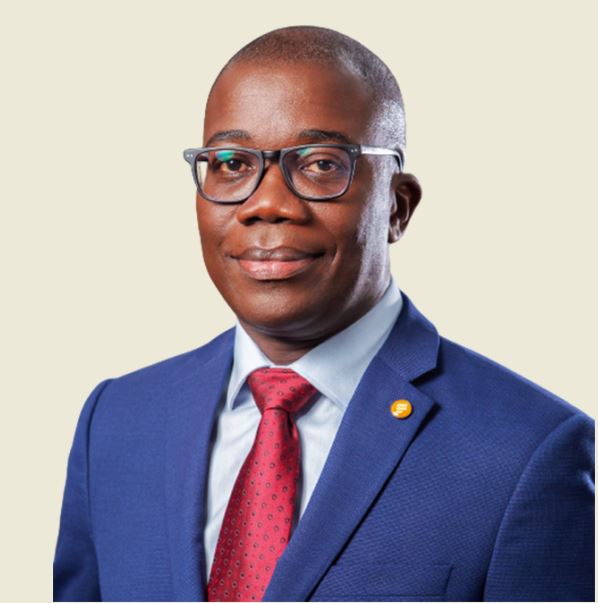Fidelity Bank-Ghana’s ongoing commitment to financial inclusion, digital innovation and sustainable development has earned global attention, as Managing Director Julian Opuni, was recently featured in Forbes Africa’s special series on Ghana.
In the in-depth feature, Mr Opuni offered a comprehensive look into how Fidelity Bank — Ghana’s largest privately owned indigenous bank is bridging the gap between capital and the real economy, while championing initiatives that foster long-term economic resilience.
“Our foundations are built on financial inclusion, innovation, financial access and sustainable development,” said Mr Opuni, emphasising the bank’s mission to create meaningful impact across Ghana’s socio-economic landscape.
Driving Financial Access and Inclusion
Fidelity Bank’s pioneering role in democratising access to financial services was a focal point of Forbes feature.
The bank was the first in Ghana to introduce agency banking and smart accounts, solutions that have dramatically lowered entry barriers for underserved communities.
Today, over 8,000 Fidelity agents operate across the country, extending formal banking services to some of Ghana’s most remote regions.
“We’ve built a platform that brings banking to the doorstep of every Ghanaian,” Julian Opuni noted.
“It’s not just about opening accounts; it’s about economic empowerment.”
Investing in Innovation and Youth-Centric Solutions
Innovation continues to drive Fidelity Bank’s growth, with a strong emphasis on digital banking solutions that meet the needs of a fast-changing market.
Mr. Opuni highlighted the success of Kukuaa, the bank’s WhatsApp banking service, as well as AI-powered customer support tools that allow users to access banking services with ease and speed.
“We’re reimagining how people interact with banks,” he said. “Young people want speed, simplicity and access — and we’re building tools to match that expectation.”
He also revealed ongoing investments in digital self-onboarding systems, aimed at expanding financial access for Ghana’s burgeoning youth population.
Beyond digital innovation, the bank is also playing a central role in financing Ghana’s real economy.
Over the past year alone, Fidelity Bank has disbursed over GH₵5 billion in new credit to businesses across sectors, a critical move in supporting job creation and economic resilience.
Strategic partnerships with global organisations like the Mastercard Foundation and Proxtera are further enabling small and medium enterprises (SMEs), particularly in agriculture, to access the capital they need to scale sustainably.
“We’re aligning with partners who share our vision for long-term impact,” Opuni said.
Fidelity Bank’s sustainability agenda also featured prominently in the Forbes spotlight. The Greentech Innovation Challenge, one of the bank’s flagship programs, supports agri-tech startups focused on eco-friendly practices. The initiative underscores the bank’s belief that sustainability is not just a corporate responsibility, but a strategic imperative.
“Sustainability is more than just a box to tick,” Opuni affirmed. “It’s how we protect the future.”
Additionally, the Orange Impact Initiative, which has reached over 4,000 students with education and community development programs, stands as a powerful testament to the bank’s commitment to inclusive progress.










